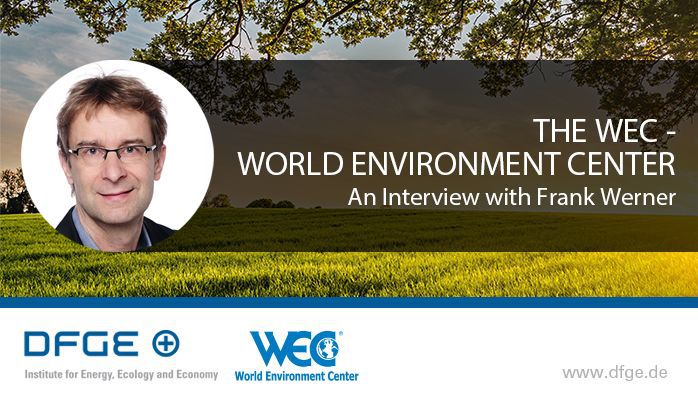
Ernesto Samayoa, Director of Latin American Operations for the World Environment Center, for more than a decade has been working with micro, small and medium enterprises (MSMEs) to build capacity, build competitiveness, and educate about sustainable growth.
“Our network throughout the region into Europe or even Northern Africa can be the real difference for many of these micro, small and medium sized businesses,” Samayoa said. “With the support from the agro-business company Vista Volcanes, WEC helped many smallholder farmers work in partnership with a cooperative to supply green beans with organic practices, which now can be found in grocery stores and restaurants throughout the United States. This has made a real difference to hundreds of farmers with a better and fair price at the end of the day.”
Or another great example of working with smallholder farmers in terms of helping them work together to build capacity is that of cocoa producers in Honduras, El Salvador and Nicaragua. “They were small farmers and just didn’t have the capacity to do it on their own, but by coming together and then with our help in building the connections and linkages, we helped them fill two shipping containers and that cocoa was sold in Belgium to make fine chocolate,” Samayoa said. “They earned a much better price as well as learned from each other on different methodologies of their agro-businesses.
With up to 95% of companies in Central America as MSMEs, which creates 61% of all jobs in Latin America and the Caribbean, the prosperity of these companies is vital for the stability of the region. WEC has supported a Red de Innovación e Impacto since 2014. La Red is a collection of 37 innovative organizations from 11 countries in the region. The U.S. State Department has funded WEC and its partners, Le Groupe-conseil baastel Itée (Baastel), and RioSlum Studio, to select organizations that are accelerating business development and promoting sustainable economic growth in Latin America.
Samayoa said, “it has been amazing to see the passion of small farmers and micro-entrepreneurs for the environment with these businesses on things like improving soil conditions through organic agricultural practices, which allows the healthier supply of products to the final consumer. As a fourth-generation coffee grower and an industrial engineer, there is nothing more fulfilling than to see my five children grow up in a region that is perhaps better because of my work contribution.”
With the financial support from the Walmart Foundation, WEC is starting “Creating Sustainable Value Chains: from subsistence farming to successful agribusinesses in Central America” Program.
Through this innovative initiative, WEC and local partners will provide integral technical assistance to more than 1100 small farmers in Central America. Training on business, financial and agricultural skills will be shared, helping farmers on competitiveness increasement through higher productivity and cost savings based on technical skills. WEC will also help them on the development of business connections to access markets, national and internationally, as well as sharing digital technology and connectivity toolkits.
Building on Walmart Foundation’s involvement, Ernesto and the WEC team see a promising opportunity for WEC members and other companies to provide similar support for small producers in their supply chains–in Latin America and other developing regions. “The Walmart Foundation’s support is a great example of enlightened philanthropy–doing good for people and nature in a region of strategic importance to the company,” said Glenn Prickett, WEC’s President & CEO. “We can provide WEC members with similar opportunities through our capacity building programs.”
Published here in English. Ver en español




